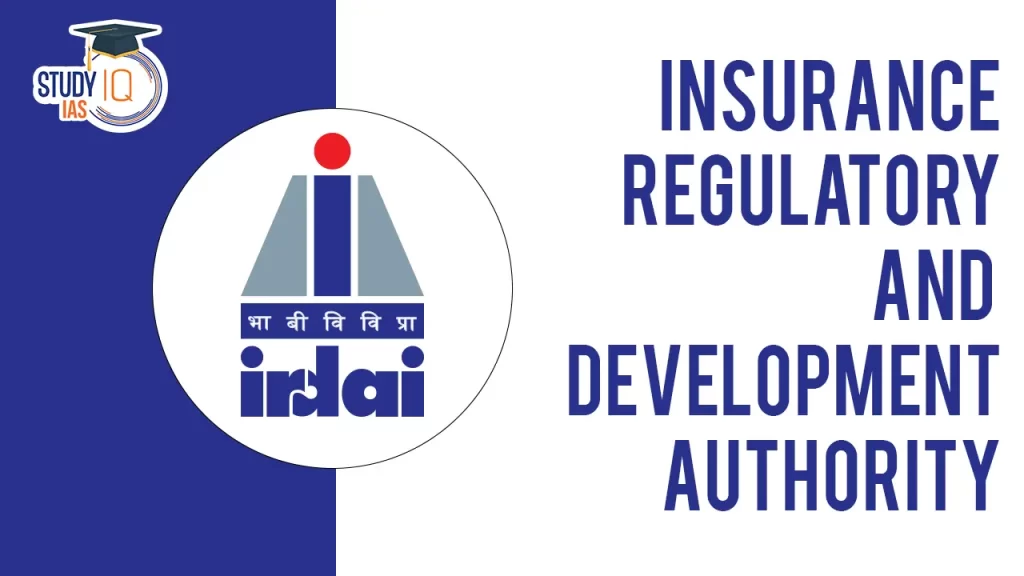
What is Financial Planning?
Financial planning is an essential aspect of managing one’s finances, encompassing strategies to achieve long-term financial goals, secure retirement, and handle unforeseen expenses. In India, with its diverse economic landscape, financial planning has become increasingly important.
The Importance of Financial Planning
Financial planning involves setting objectives, assessing resources, and designing strategies to manage income, investments, savings, and expenses effectively. Key benefits of financial planning include:
- Goal Setting: Helps individuals set realistic financial goals, such as buying a house, children’s education, or retirement.
- Savings and Investments: Encourages disciplined savings and informed investment decisions.
- Debt Management: Assists in managing and reducing debt effectively.
- Risk Management: Prepares individuals for financial uncertainties through insurance and emergency funds.
- Retirement Planning: Ensures a secure and comfortable retirement by planning long-term savings and investments.
Key Components of Financial Planning
- Budgeting: Tracking income and expenses to ensure financial discipline.
- Saving and Investing: Allocating funds to various investment avenues like mutual funds, fixed deposits, stocks, and real estate.
- Insurance: Protecting against unforeseen events through life, health, and property insurance.
- Tax Planning: Utilizing legal provisions to minimize tax liabilities.
- Retirement Planning: Creating a financial cushion for post-retirement life.
Organizations Focusing on Financial Planning in India
Several organizations in India are dedicated to enhancing financial literacy and assisting individuals in financial planning. These entities provide resources, tools, and personalized services to help people manage their finances effectively.
1. Securities and Exchange Board of India (SEBI):

SEBI is the regulatory body for securities markets in India. It ensures that investors have access to accurate information and protects their interests. SEBI’s Investor Education and Protection Fund (IEPF) conducts financial literacy programs and offers resources for informed investment decisions.
2. Reserve Bank of India (RBI):

RBI, India’s central bank, plays a crucial role in financial education. Through initiatives like the Financial Literacy Week, RBI promotes awareness about the importance of financial planning, responsible borrowing, and digital banking.
3. Insurance Regulatory and Development Authority of India (IRDAI):

IRDAI regulates the insurance industry in India and promotes financial literacy through initiatives that educate people about various insurance products and their benefits. It helps individuals understand the importance of insurance in financial planning.
4.National Institute of Securities Markets (NISM):

NISM, an educational initiative by SEBI, offers certification courses and workshops on financial markets, investments, and planning. It aims to create a pool of knowledgeable financial professionals and informed investors.
5. Association of Mutual Funds in India (AMFI):

AMFI is dedicated to promoting mutual fund investments. It provides resources and tools for understanding mutual funds, their benefits, and how they fit into a comprehensive financial plan.
6. Financial Planning Standards Board India (FPSB India):

FPSB India is the standards-setting body for financial planners in India. It offers the Certified Financial Planner (CFP) certification, ensuring that professionals adhere to high standards of competency and ethics in financial planning.
7. Banks and Financial Institutions
Many banks and financial institutions in India, such as State Bank of India (SBI), ICICI Bank, and HDFC Bank, offer financial planning services. They provide personalized financial advice, investment options, and tools to help individuals plan their finances effectively.
8. Non-Governmental Organizations (NGOs) and Fintech Startups
Various NGOs and fintech startups like Scripbox, Groww, and ETMONEY focus on improving financial literacy and offering digital financial planning solutions. They use technology to provide accessible and affordable financial advice and planning tools.
Conclusion
Financial planning is a critical aspect of achieving financial security and long-term goals in India. By understanding the principles of budgeting, saving, investing, and risk management, individuals can navigate their financial journey effectively. Organizations like SEBI, RBI, IRDAI, and others play a vital role in promoting financial literacy and providing resources to aid in financial planning. Leveraging the services and tools offered by these entities can help Indians build a robust financial foundation and ensure a prosperous future.




